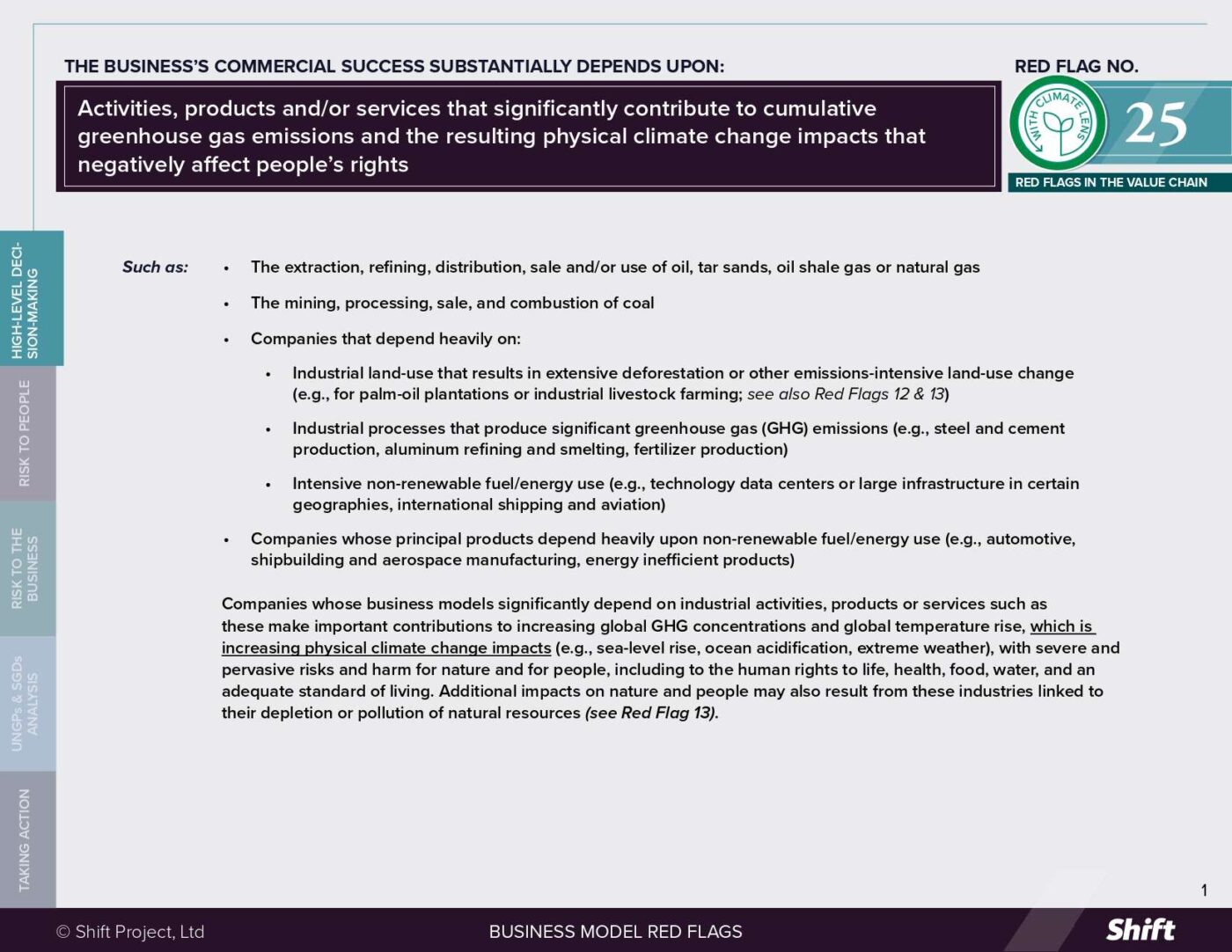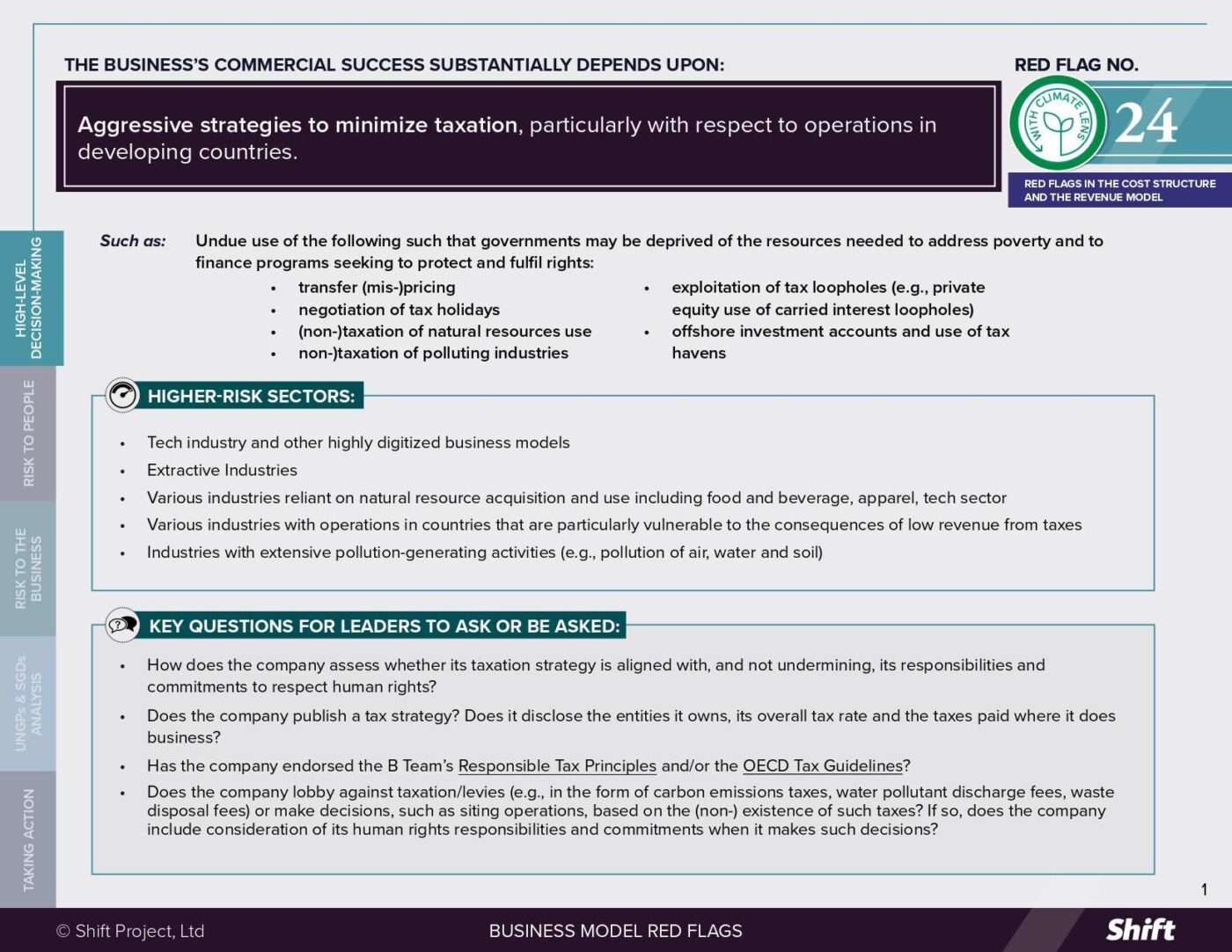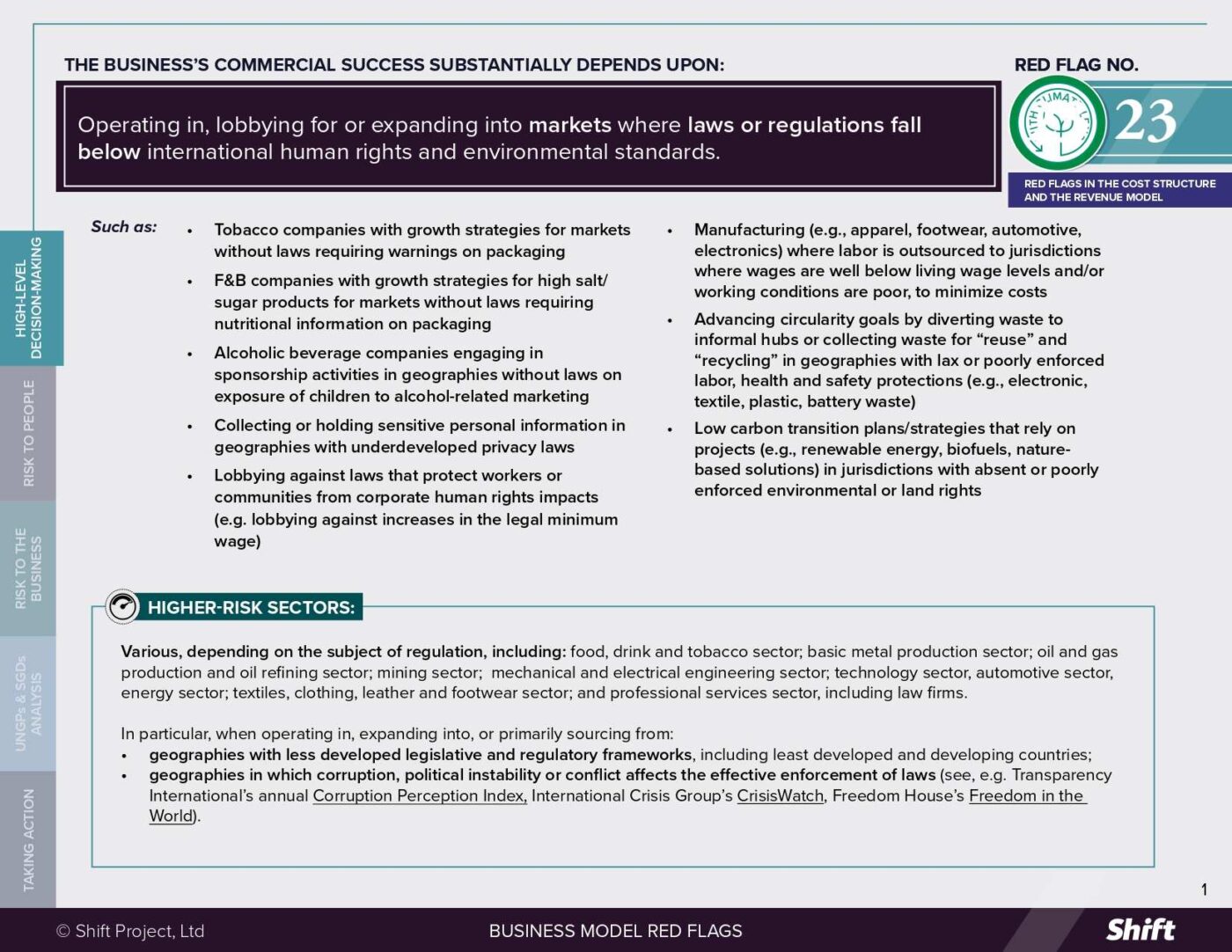When people are negatively affected as a result of the company’s actions, things need to be set right. Companies will often have a range of existing pathways for people to raise complaints, such as through trade unions, internal hotlines or websites where customers can lodge complaints. However, these mechanisms may not capture all the kinds of human rights impacts a company can be involved with — so companies need to think systemically about how affected people can raise complaints, and what processes the company has to provide remedy where it has caused or contributed to a negative impact.
Operational-level grievance mechanisms can be one important means of providing remedy. They can also be effective early warning systems for companies and can feed into broader human rights due diligence processes.
Learn more: see all our resource library listings below, as well as specific sections from these comprehensive resources:
- Guiding Principles 22, 29 and 31 and their commentary
- UNGP Reporting Framework questions C6, C6.1, C6.2, C6.3, C6.4, C6.5 and their implementation guidance
- The Corporate Responsibility to Respect Human Rights: An Interpretive Guide: p.63
- Doing Business With Respect for Human Rights: Chapter 3.8
- How to Do Business With Respect for Children’s Right to Be Free From Child Labour: p.56
- Guidance for Companies on Respecting the Human Rights to Water and Sanitation: p.79
- European Commission Sector Guides on Implementing the Guiding Principles: employment agencies: p.72; ICT: p.73; oil and gas: p.69



